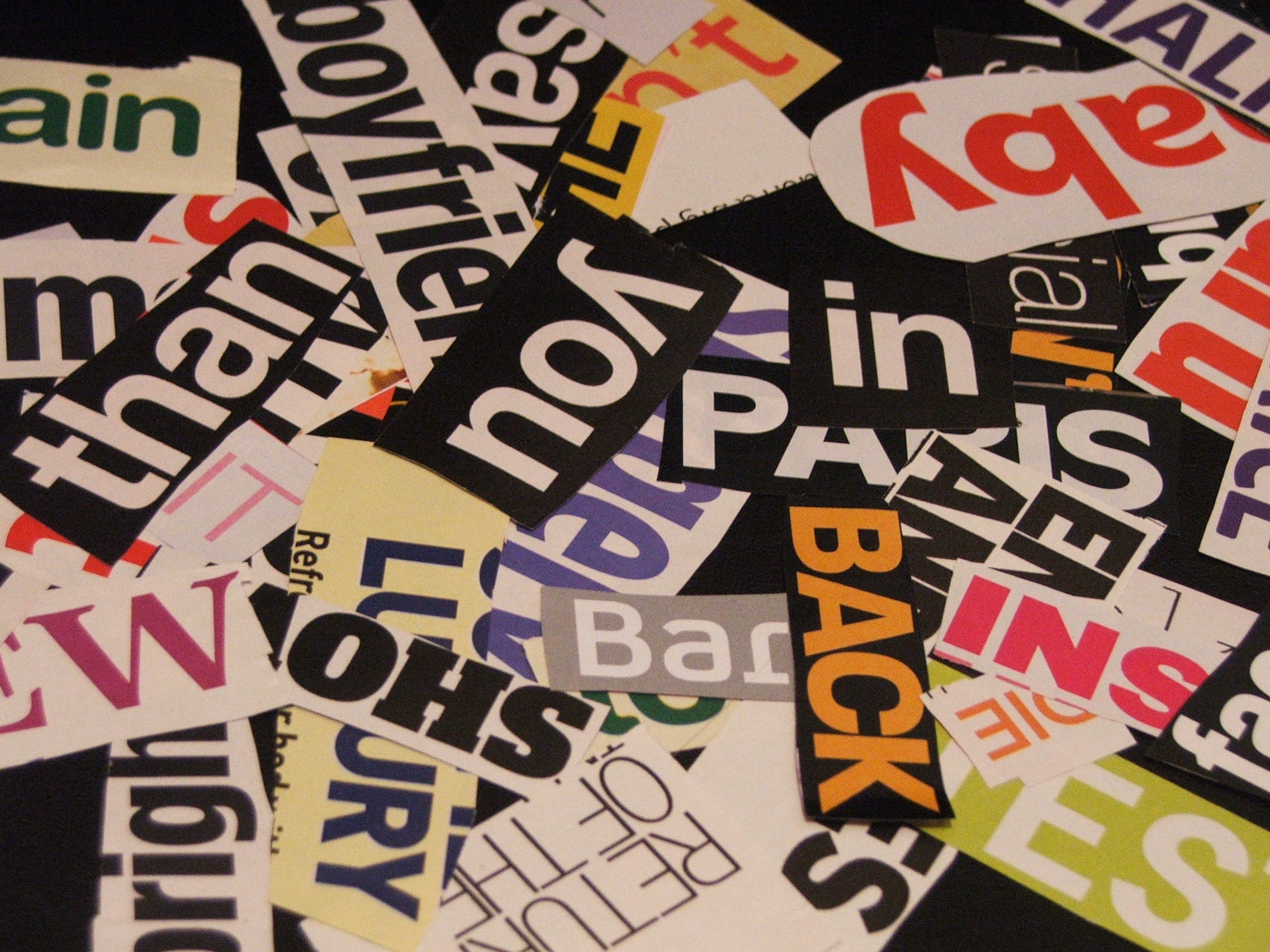As humans of this world, we are constantly communicating with one another. Whether it is with eyes, machines, media, hands or words, we are always conveying and translating meaning to the world, whether we know it or not. An important form of communication that sustains these interactions is language. What we say and the specific words we use to describe things are important. The words we choose inevitably carry a colorful story with them and are stained with our own set of idiosyncrasies but there is no denying that there are great dangers that lie beyond this charming guise.
It has to be said that I am no philologist or any kind of expert on the topic of language and linguist studies but I noticed that the way we use language shows us how we have mindlessly internalized a bunch of problematic words and phrases that in turn contribute to bigger, broader issues. In my own quest for removing problematic words out of my everyday language that are sexist, ableist, transphobic, racist and overall ignorant, I realized this is something we all struggle with. For example, words like “stupid” “depressed”, “retarded”, “gay”, “crazy”, “mental”, “insane”, “fucked” are peppered incessantly in everyday conversation without as much as a stutter.
Take the word “mental”, a word that is usually thrown around to describe outrageous or out of the ordinary events. However, using this word in the way most people use it actually belittles and further stigmatizes people who are living and suffering with mental illnesses.
Because this word has historically been used to justify the imprisonment, debasing, isolation, erasure and violence against women, people of colour, non-gender conforming people and those with mental illnesses, we are adding to something pretty uncool. In fact, the fierce poet Toni Morrison once said: ”Oppressive language does more than represent violence, it is violence”.
A more recent, personal example of this showing of problematic language was during a talk given on campus last week. It was given by professor and genius intersectional feminist theorist from Goldsmiths University, Sara Ahmed. It was poetic, transparent and unlike most things in academia, it wasn’t dense, shitty or elitist in any way. And so you can imagine that when Ahmed used the word “lame” to describe one of her jokes, my heart broke a little. In truth, it sort of shattered me. Out of all the words available to describe her joke—silly, ludicrous, uninteresting, dull—she chose the heavy, pejorative word that has historically been used to ridicule folks living with disabilities, namely ones who have a walking impairment and are unable to walk the same way as someone with two legs.
As a self-proclaimed Sara Ahmed groupie, I remained saddened in my bean bag chair, confused and angry. How could such a brilliant intersectional warrior use a word that was rooted in ableism— a system of oppression that discriminates against people with a disability? This is a word that if she herself would hear from a fellow colleague, she would undoubtedly throw mounds of hefty critique their way. But as my melodramatic tantrum subsided, I realized something important. I realized that this was much bigger than Ahmed or me, or even bigger than language for that matter. The reality was and still remains that most of us are all perpetrators of discriminatory language.
We have normalized their use and have lost connection to their origins and problematic history. Even though I am aware of this problem, I can readily admit that because of my own compliance and laziness I have casually dropped words like “crazy”, “lame” or “insane”. Instead of cracking open a thesaurus and challenging the words that I have chosen, I relied on my own privilege to carry me through conversations.
Choosing different words can seem minimal and irrelevant but it is actually the opposite. In choosing to change the way we speak and the words we use—thus becoming more mindful of how your words may be insulting to some—we are creating a ripple effect. This small act can and will propel us towards a more inclusive and accepting society. An important example is if we consider the urgent push for trans liberation. In the current times, many non-gender conforming people are being continuously misgendered, meaning that people are misusing their preferred pronouns. This leads to the dehumanization, violence and murder of a trans person.
If we stop and question the root of these words, we can see that we are not really using the word we want to use. By using words that sit on the back of other people’s lived realities, we are not challenging ourselves or our vocabulary. Say we have a wild and untamed night out but use the word “crazy” when we tell our friends about it. Do we really mean crazy? Couldn’t we say instead that our night was righteous, groovy, delicious, scandalous, fun or hilarious?
If we take all this into account, there seems to be something very important to take away here. Language is something we use in our lives, everyday. If we can start by choosing one word or phrase that we know has a problematic meaning or that can potentially make someone else feel shitty and we replace it something better, this is a start. Black American feminist, anti-racist educator, author, activist and all around sensational human bell hooks once said that each day we must diligently decolonize our minds. I hope this rings as deep for you as it does for me. And maybe the next time we go to speak, we can try to use what leaves our lips and start a revolution.
Nicole Lachance





